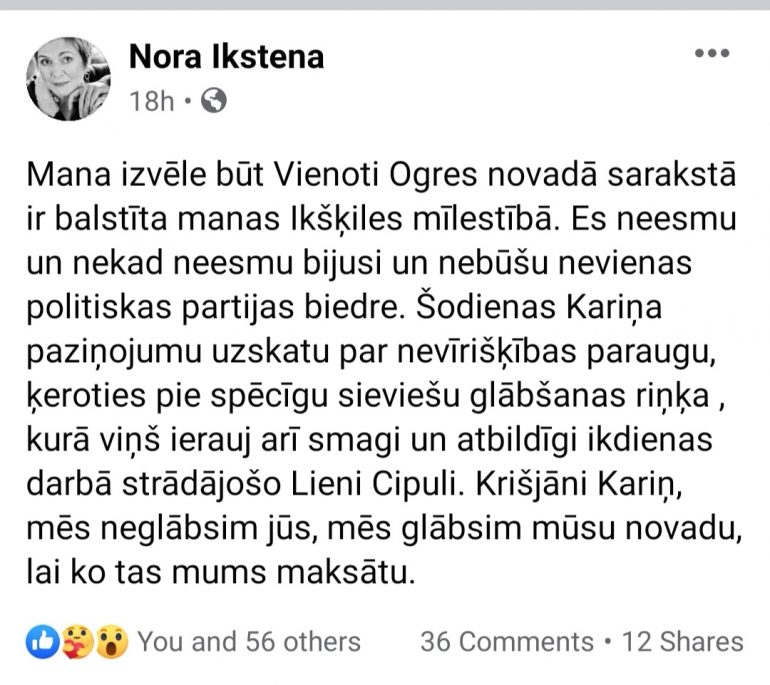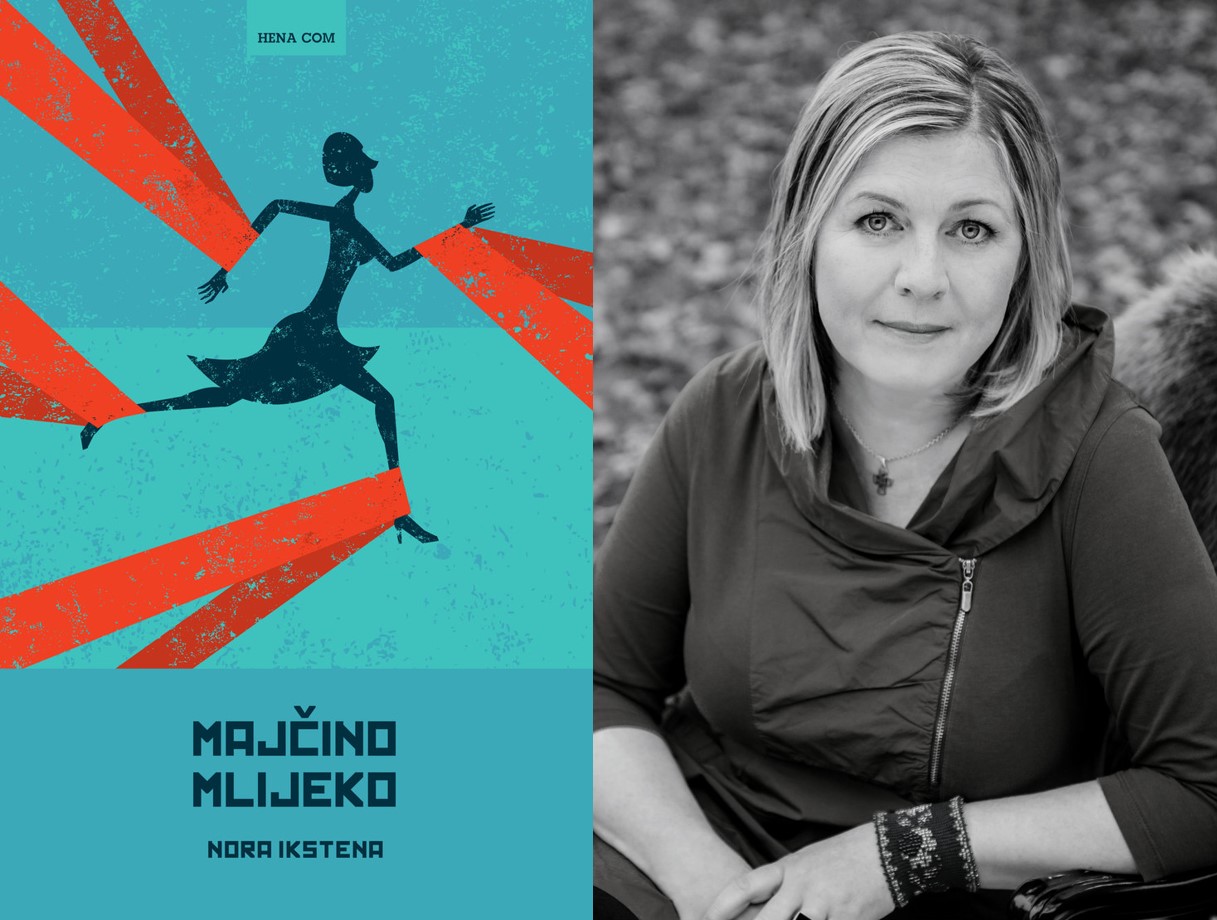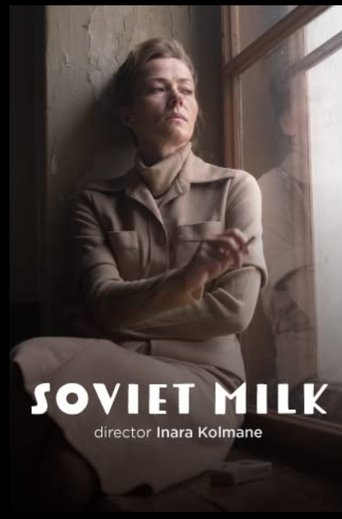

Grandmother, grandfather and baby flee Riga back to the countryside where they live. To avoid confusion, I shall refer to them as grandmother, mother and narrator, as none of them are given names.) (I use the term narrator but, in fact, the first person is used both for mother and daughter. The grandmother had lived when Riga was occupied by the Germans.

We follow three generations of Latvian women, all of whom spend at least part of their lives under Soviet rule. The Russian and Italian versions of this book stick to Mother’s Milk. As Iksena speaks English, we can perhaps assume that she did not object to the change of title. The Latvian title of the book translates as Mother’s Milk but, as we shall see, both the Latvian and English titles are pertinent. Our unnamed heroine was born on 15 October 1969 which happens to be Nora Ikstena’s birth date so it seems likely that this novel is at least partially autobiographical. The concept of the film is based on reflection on human and social relations, historical processes, and lifestyle of two women: mother and daughter.ĭirector Ināra Kolmane's previous film Bille (2018) has been awarded many prizes, including the national cinema award "Lielais Kristaps".Home » Latvia » Nora Ikstena » Mātes piens (Soviet Milk) Nora Ikstena: Mātes piens (Soviet Milk) But growing up, her daughter becomes her only support and helps both her mother in depression and learns to survive in the regime. A young, promising doctor in conflict with the Soviet regime loses everything - her career, love of life and her mother's instinct, which leads her to deny milk to her child. The story covers the period after World War II and revolves around the fate of women in the 1970s and 1980s. "Soviet Milk" has been translated and published in more than 20 countries, including the UK, Italy, Hungary, Estonia, Macedonia, Georgia, Sweden, Ukraine, Syria, Japan, Russia, Germany, Austria, Lithuania, France, the USA, the UAE and Norway. The film is intended to be developed as an international project and has received European Union funding.

The main roles are played by actresses Maija Doveika and Rūta Kronberga.

The film's director is Ināra Kolmane, and scriptwriter is Arvis Kolmanis. Accept "Third-party" cookies Manage cookies


 0 kommentar(er)
0 kommentar(er)
